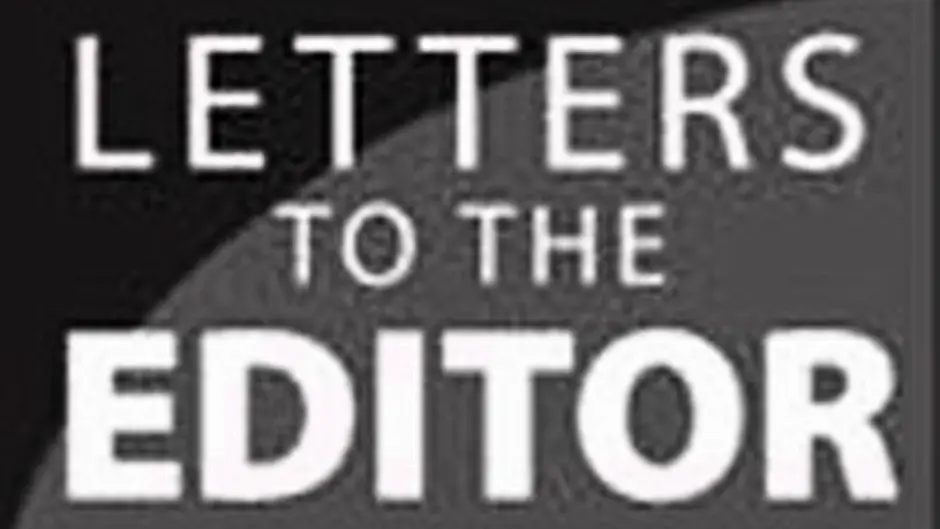SIR – In the wake of last year's UK Referendum, you kindly allowed me space in which to explain why I'd decided to exercise my postal vote in favour of Brexit.
SIR – In the wake of last year’s UK Referendum, you kindly allowed me space in which to explain why I’d decided to exercise my postal vote in favour of Brexit. My opinion hasn’t changed in the intervening months and it might therefore be assumed I relished Robert Sullivan’s comments in last week’s edition.
We do, clearly, have common ground, although I feel the comparison between Bruton and a discredited Blair is perhaps excessively harsh on Bruton?
If he’s correct in Ireland having surrendered its right to stage a similar public vote, I find that most disturbing and not in line with what I consider to be a civilised democracy, but there are significant questions that need to be confronted.
Michel Barnier is an excellent frontman and used his language skills admirably during his address to the Dáil and in his media interviews. The sad thing is that he skirted around the core issues behind the UK decision but, sadder still, there was no prompting by his Irish hosts to give a lead on immigration.
I can’t imagine that the UK will abandon the long-standing association with Ireland, allowing free movement between the two for native passport holders, but overall control was central to the UK decision in 2016. We now have to accept that Ireland cannot deny the ingress of planeloads of EU citizens from any of the 27 remaining countries, any of whom can immediately jump on a train or bus into the North, given existing (lack of) border control.
Whether containment of that possibility can be handled is debateable, but onward travel into the rest of the UK will certainly be rigidly controlled with non-qualifying travellers being turned back, or denied the right to board transport at the point of embarkation.
I can’t see the establishment of a Calais style ‘Jungle’ being tolerated?
The following are what I consider to be the four options:
1) A ‘hard’ border between (EU) Ireland and the North or
2) A ‘hard’ air-sea border down the middle of the Irish Sea.
3) An existing arrangement between an opted-out (non-EU) Ireland and the North or
4) A united (32 county) Ireland in the EU, or outside, with/without Irish Sea border as applicable.
A fifth alternative solution escapes me at present.
Nick Turner,
Drimoleague.








